Lucy : Lucy isn't Unlocking her Brain Capacity (4300 words)
The intelligence of Lucy is funnily unexpected.
The movie is about a woman who gets to use 100% of her brain instead of the average 20% of a normal human being. So, it’s a movie about intelligence and it necessarily has (a few) intellectual ambitions.
Except that, not only is this a dumb idea as the famous 20% only means that we never need 100% of our brain at the same time, but the gigantic growth in intelligence in Lucy is depicted as the development of hilarious superpowers that make no sense.
The joke doesn’t stop there though, as the incredible boldness of the nonsense clashes with clear intellectual ambitions perceivable through the introduction of a university lecture by Mr. Morgan Freeman, inserts of strange stock footage and images that clumsily echo the development of the plot, pseudo philosophical lines or monologues ("We never really die") and a crazy ending in which Lucy travels through time sitting on an office chair.
It thus comes off as something funnily surprising that the movie should be flatly smart.
Lucy is the story of an apocalypse, of an end of time.
It revolves around intelligence and reproduction and by extension, life and death as concepts.
It starts with cells dividing.
The cells are thus reproducing. But cell division is also the starting point of intelligence.
So, at the same time as the cells are dividing, intellectual capacities are growing, intelligence is given birth.
Life is defined by a capacity to reproduce and to evolve as opposed to the inanimate. (unicellular living entities exist but that's beyond the point)
The professor Norman opposes reproduction and immortality and will talk about cells’ choice to reproduce or to remain immortal if their habitat isn’t sufficiently favorable. (22min18s).
These questions aren't just aesthetics, they're not merely a cheap way to look deep and philosophical.
----------------------------
After the dividing cells, the movie doesn’t go straight to the main character but to Lucy, first woman, first human being. Just like the cells, she’s used as a symbol for the starting point of human intelligence and of the capacity to reproduce and pass on this intelligence. She’s the hopeful and innocent beginning of humanity.
Modern Lucy comments in voice over: “Life was given to us a billion years ago. What have we done with it ?”
The camera shifts from a beautiful forest to a city and we’re given to see a short montage that depicts the misery of our modern lives. Extreme speed that erases individualities. Routine. Mass meaninglessness. An environment that leaves little freedom of movement (roads, escalators, traffic lights, motorized vehicles) justified by the need for speed. Industrialized food, speed again. Work enslavement. Flags, thus nations, thus wars (I suppose). Pollution (facial masks, helmets that erase individualities again). People racing on motorbikes. Meaningless competition.
Until the movie cuts to Lucy who’s daydreaming. She wasn’t exactly thinking of all this more than she is all this. She is cellular division, she’s the first woman full of hope for humanity, she is reproduction and she’s the disappointed judgment “what have we done with it ?”
That’s the starting point of the story: Lucy is the first and last woman, she is a woman who is going to hold the fate of humanity in her hands and has just decided that human beings failed. Just like Leeloo in The Fifth Element (Besson too) before she discovers love.
----------------------------
Lucy is having an argument with her boyfriend Richard. The diminutive for Richard is Dick. Penis. Lucy and Richard stand for Women and Men, and there’s a problem between them.
Richard wants Lucy to deliver something for him but she’s not interested.
When I used the word judgment a few lines above I didn’t think it took a biblical connotation, but it actually does. The reproductive act is always metaphorically referred to as a crime. In the bible, Adam and Eve disobey God by taking a bite at the fruit of knowledge that which provokes God’s anger and their sending to earth as a punishment. It’s The Fall. Adam and Eve become mortals, but they know about sex and can reproduce, it allowed them to grow psychologically independent from God. Notice the similarities with Norman's discourse about cells.
What’s happening between Richard and Lucy is that Lucy doesn’t want to be Richard’s partner in crime anymore. She doesn’t want to deliver the package for him; the package being, at this point, a baby.
Out of the blue, the man explains that he went to the museum a week before and that he learnt that the first woman was named Lucy. Richard and Lucy have been together for a week: Richard's visit at the museum made him want to find a girlfriend. His love is the universal love of men for women, the primordial love of males for their female counterparts.
Lucy asks: “Is this supposed to make me feel better ?”
Richard laughs idiotically, answers “Yes.” And quickly understands that it’s really not what Lucy wants to hear. She is not proud of being female anymore. Thank you feminism.
The conflict around Richard’s desire that Lucy deliver the suitcase has flirting overtone. If she says yes, Richard is a legitimate partner, if she says no, he’s not. Her refusal is made a synonym of leaving him, of resisting his charm. She even tries to reassure him by answering “I’ll call you” to his request.
Eventually he handcuffs her to the suitcase. He doesn’t want to let her go and drags her into a forced relationship, a forced association, a forced marriage.
----------------------------
Richard’s love and desire for Lucy are legitimate. The problem between them doesn’t come from him but from her. “She really does like him” but this isn’t enough anymore for her, “she has to take care of herself.” Love, relationships, reproduction have become something threatening, marked by a “lack of safety.” Norman explains: “When the habitat isn’t sufficiently favorable anymore, the cell chooses immortality.”
Richard is trying to offer Lucy a “favorable habitat” by showing her that he can make money easily. His behavior is as primitive as a penguin preparing a nest with rocks in hope that the female will be satisfied. This spontaneous comparison explains the inserts of stock shots of animal in the movie. Everything that happens is associated with a natural behavior. The movie wants us to perceive its events as meaningful on the scale of evolution. Predators devour preys. Mice fall into traps. Animals flirt and reproduce. Something critical is happening on the scale of life evolution: the female human now perceive the male desire to have a child as undesirable, as an aggression, a threat. Thank you feminism.
As soon as Lucy gives her name at the desk, that is as soon as M. Jang hears that it’s a woman who presented herself at the desk, Richard gets shot.
Here, the meaning of the suitcase changes (and it’ll change again later on).
On a literal level Richard pretends that it’s papers, M. Jang isn’t sure what it is, and it’ll end up being a new drug.
On a metaphorical level though, it’s different. At first, the suitcase should be delivered by Lucy but as a result of her acceptation to be Dick’s partner. A baby. Money wouldn’t be discussed, not because Richard is a profiteer but because he would anyway share the benefits with Lucy without telling her because they’d be a family.
Since Lucy rejects Richard, the deal changes. Richard doesn’t leave her a choice when it comes to getting pregnant, but he accepts to “share the benefits”, that is to say, he accepts not to be her boyfriend. It’s just about reproduction. So if it’s just about reproduction, the sole thing that he gives is his sperm and that’s what the suitcase now contains.
All this sounds like a metaphor for rape but that’s not the case. The whole operation of putting the drug inside Lucy’s “stomach” is a fecundation in vitro. The (korean) organized crime is a metaphor for Richard’s alienated masculinity once Lucy’s rejected him. Richard collapses as an individual and all that’s left is a morbid masculinity, his desire to reproduce even if he has to resort to immoral harmful methods (Harmful to women or men).
It’s not a matter of “the end justifies the means” here. Love, flirt, respect can appear only as evolutionary extensions of the need to reproduce. If human beings can safely reproduce, then they can also look for a more suited partner for them, and they can create a more meaningful bond than “we need to reproduce.” But if suddenly reproduction is threatened because women have become nihilistically reluctant to bear a child, then individuality, kindness and love become obstacles to the survival of the species and they have to be thrown away. That’s why Richard gets replaced.
----------------------------
When Lucy meets Mr. Jang, he’s just murdered two men. Lucy has more room in her belly than a man, she can transport several bags contrary to men, so she’s worth two. From the point of view of reproduction, women are always more precious than men. If there’s only two woman left and a hundred men, the situation is far more serious than if there’s only a hundred women left and two men.
Bags of C.P.H.4. stand for samples of life. So, in the context of a man and a woman being in a relationship, they mean a child. If a woman gets impregnated with them, it’s sperm. And when Jang sends men with bags of CPH4 in their belly around the world, he’s metaphorically trying to spread life.
It might not seem logical that Jang should be ready to risk the last woman’s life if his goal is reproduction but she doesn’t want to reproduce while it’s his objective. If she dies he’ll still carry on with his mission, if he dies, it’s over. Also, there’s the idea that he doesn’t value her life beyond her capacity to reproduce. And also, as said by Norman, death is the reason why we reproduce. Jang forces Lucy to face the idea of her own death because it should trigger a desire to have sex and reproduce in her on an evolutionary level. “Look ! We die, therefore we need to reproduce !”
The movie cuts to Norman’s lecture on the birth of life and brain capacity when Jang asks Lucy if she wants a job. A parallel is made between the job and reproduction. When we get back to Lucy, she’s waking up in a beautiful hotel room as opposed to the one of an improvised hospital. The surgery is compared to a one night stand. Lucy was impregnated with C.P.H.4. and Jang curiously offers her a drink. What is he celebrating with her that does not apply to the other mules ?
Later on, after she’s taken her plane, she wakes up in a far more threatening place. A man starts touching her breasts. She hurts his finger as a means to make him understand that she’s not going to let him have what he wants. He answers by punching her in the face and kicking her in the stomach several times, that which makes one of the bag burst. The drug spreads into Lucy’s body and the craziness starts.
----------------------------
It is quite symbolic that the final straw should be associated with sexual assault. At this point Lucy/reproduction has been through every main stage of devaluation it could go through.
Again, Norman’s lecture associates reproduction with the idea that the cell finds itself in a sufficiently favorable environment (I’m going to refer to Norman's lecture quite a few times).
Lucy considers that society has failed to provide a favorable environment. Richard, her natural sexual partner, isn’t enough to convince her to reproduce either. In the context of this society, he’s a loser and a liar. Then Jang brings her to contemplate her own death in the eye, she couldn’t feel more threatened. And still she is impregnated.
The movie expects us to apply the logic of the cell to Lucy. And so, the "cell" finds herself in an entirely unsafe environment in which she would logically choose immortality over reproduction, but she is forced to reproduce.
The final blow is when a man attempts at using Lucy’s reproductive system as entertainment, the ultimate commodification, and the interaction ends in a brutal physical aggression. Lucy is hit on the face (individuality) and on the stomach (status of reproductive animal). The cell is now convinced that reproduction is a mistake, it’s time to go for immortality.
That being said, there’s a very interesting misunderstanding here as the man wasn’t about to abuse Lucy sexually; he is checking her eyes to see whether they are crystal blue that which would mean that one of the bags burst. He isn’t fondling her breasts either but checking her scar in case she’s bleeding or infected. He is being benevolent.
It might seem unimportant that the guy who beats Lucy up wasn’t planning on raping her but it actually is important. He beats her up because she insults him by suggesting that he might find it agreeable to abuse her when he hasn’t said or done anything wrong and is actually showing empathy and compassion (to a certain extent).
If there’s one thing that doesn’t exist in the world of sexual attraction it’s a man trying to fondle a beautiful woman with the back of his hand.
I know that this interpretation may be hard to believe but really, it’s mainly Lucy’s reaction* that makes us think that the guy is about to abuse her. He plunges his hand inside her top, but the shot really couldn’t be less suggestive. He doesn’t touch her breasts, he doesn’t make any comment.
*of course it's a strong element.
Moreover, this misunderstanding, this ambiguity, is at the core of the story (and at the core of the catastrophic path that our societies are following right now). Lucy cannot see the difference between rape and reproduction. She doesn’t realize anymore that men’s attraction for women is something natural and understandable and that it’s normal that they should not perceive this attraction as essentially aggressive.
In Deuxième Sexe, Simone de Beauvoir dares make the statement that reproduction is rape.
And so, when this guy is checking if the impregnation worked, if Lucy is fine, she mistakes it for an attempt at abusing her sexually because it’s become the same thing in her mind. If a woman is pregnant, she’s been abused. It sounds crazy, doesn’t it ? What about the fact that in 2020, we’re at the “If a woman, she’s been abused” stage.
There’s a contradiction in Lucy’s development. As Norman explains, it’s the multiplication of cells that allows movement, reproduction and intellectual growth yet Lucy is put in a very hostile situation in which her cells would choose immortality over reproduction. The conclusion to Lucy’s journey shows her cells merge not duplicate.
Lucy isn't unlocking her brain capacities. She is not becoming more intelligent.
----------------------------
So what’s happening ?
When Lucy visits a hospital, we learn that C.P.H.4. is produced, in very limited doses, by pregnant women at their sixth week of pregnancy. It is an extremely powerful molecule that provides the fetus the necessary energy to create the bones of the body. The doctor compares it to an atomic bomb in terms of power.
So, the drug is what gives Lucy her superpowers, or more precisely, the scale of her superpowers is proportional to the scale of the strength of the drug. A fetus use it to create stronger bones, Lucy’s body could use it for anything.
At 14m30 we’re given to see what happens when a minuscule dose of the drug is snorted: when it goes "straight" to the brain. The poor man turns crazy. He laughs maniacally. His brain is destroyed.
The quantity of CPH4 to which Lucy is exposed is far superior and still, she doesn’t become crazy. She strangely rises up in the air, convulsing. Shots of the drug spreading in her body follow until it reaches not her brain but her heart, the organ that makes sure the drug will reach every other organ and member.
Norman has been boring us with his discourse on brain capacity and suddenly, when Lucy is exposed to the drug, it’s not made obvious that it’s her brain that is actually affected by it.
It’s not her brain, it’s her uterus, the same uterus that she doesn’t want to use anymore. All the energy of the CPH4 dose is going to go into Lucy’s desire for safety on a cellular level. She is going to shift to a unicellular approach to evolution, this with the power that is required from an organism in order to be given birth (to reproduce).
It doesn’t only mean “a lot of energy”, it means that nature is being cheated. CPH4 exists only because cells choose division, reproduction and mortality, but suddenly their strongest achievement, the molecule that allows the organism to prepare itself for the extreme ordeal that is being born and living a life, this tool is stolen and used for the opposite purpose: running away, hiding in immortality.
If we take the example of life as a game of chess, Lucy’s superpowers do not allow her to become extremely good at it, they allow her not to move her pieces according to the rules, then to play several times and finally to declare “check” whenever she feels like it and to eventually brush the board with the back of her hand and declare “checkmate !” when she wants to stop playing. It’s not becoming good at it, it’s even less winning, it’s putting an end to chess games forever by destroying the rules, the frame, the structure that allowed it to exist.
Lucy does exactly the same thing with life. She’s not improving according to the rules, she is breaking them and collapsing as an individual and as a living being. The first display of her transformation shows her rise in the air. She doesn’t so much defy the laws of gravity as she is not submitted to them anymore.
----------------------------
100% corresponds to Lucy’s loss of corporeal envelope, and just before this strange outcome her flesh slowly changes into an oil-like black matter. The fact that the climax of this transformation should be when the darkness reaches Lucy’s eyes is a good indicator that none of this is about intelligence. Eyes are the mirror of the soul, the core of individuality, not of intelligence. If the story had been about an increase in brain capacity, the climax would have showed Norman measuring her unbelievable brainwaves or something of the kind.
Plus, and it’s really not a detail, 100% is supposed to represent the percentage of her brain that she is using. At 100%, her brain doesn’t exist anymore, isn’t this a bit contradictory ? Of course, we could speculate that a higher form of intelligence might transcend organicity (and be wrong), the problem is that the percentage strictly corresponds to how much of her brain capacity Lucy is using.
If an earthworm uses 100% of its brain, is it going to start speaking ? My point here is that if truly there existed unused cerebral zones and we found a way to unlock them, there’s no reason why 100% use of the human brain should correspond to abstract control of everything, Godlike status. There's no reason for this specific potential. Of course, as soon as we witness Lucy flying to the ceiling of her cell, we turn on our suspension of disbelief: the increasing percentage is going to correspond to absurd superpowers. Still, there’s no reason why an increase in intellectual capacities should have been represented the way it is in the film, and go as far as it does.
That’s why it is legitimate to wonder whether that’s truly what’s represented.
It is clearly showed at the climactic 100% that the percentage corresponds to the merging (and vanishing) of Lucy’s cells. Of course, and even if all of this is completely fanciful, the fact that Lucy’s skills and capacities should increase while the number of her cells decline is in contradiction with the idea that cell division and multiplication are responsible for the development of new capacities. The reason behind this contradiction is that Lucy’s superpowers find their roots in her loss of structure. She’ll tell Norman (and she is wrong/lying about it):
“I absorbed a large quantity of synthetic C.P.H.4. That will allow me to use 100% of my cerebral capacity. Right now, I'm at 28% and what you wrote is true. Once the brain reaches 20%, it opens up and expands the rest. There are no more obstacles. They fall away like dominoes. I'm colonizing my own brain.”
I quoted this passage for the “There are no more obstacle. They fall away like dominoes.”
A wall is an obstacle, you can go through a wall if you’re solider than its bricks, and its resistance can even feel as little as the one of spider web… or your flesh can have the same density as steam and allow you to pass through microscopic holes.
I thought it’d be funnily confusing to use this capture of the movie as an illustration. Here, it’s the contrary of a wall that we have. Lucy gives air the density of wall and the Korean man is blocked by it.
Lucy is less and less somewhere and more and more everywhere. Actually, that’s her last sentence: “I’m everywhere.” She can have access to people’s thoughts because she is becoming them. She can paralyze people or force them to move because she is becoming their cells.
At 40%, Lucy is on a plane and raises a toast to knowledge. The C.P.H.4. begs to differ and the woman notices one of her teeth at the bottom of the glass… then she starts to dissolve and evaporate, then it’s her face that starts melting. When she tries to stop this terrifying phenomenon by taking more drugs, it only amplifies it and the young woman explodes in millions of tiny parcels of lights. Cells.
When at the end of the movie, she says that she is everywhere, it means that she is everything. Everything is made out of her.
All of these powers aren't about intelligence but about her collapse on an organic level that allows her to go through everything, to be part of everything.
During one of his lecture (26m48s), Norman jokes :
“It's up to us to push the rules and laws and go from evolution… to revolution.“
It’s all the more fun as he doesn’t realize that “revolution” also means “complete circular movement” and thus “complete reset”, “return to the beginning”, “loss of all improvement.”
I didn’t need more than to witness modern Lucy touching the original Lucy’s finger to be convinced that that’s what we’re talking about here: A return to the beginning, the erasure of history. Lucy travels through time, visits the dinosaurs, witnesses the construction of the most famous street of New York, pause, fast forward, fast rewind; time doesn’t exist anymore for her and by extension space neither. She witnesses the big bang that transforms into spermatozoons fecundating an ovary on the scale of the universe, all this then swallowed by dark matter.
At 1h20m30s we’re given to see two luminous curved trails meet each other: the revolution is complete. Lucy’s iris, the ovary, the cell, all disappear, she is nothing and becomes everything.
At 1h12m08s, her cop friend Pierre takes a bullet in the neck. At 1h15m15s, someone fires a rocket in his rectum. At 1h21m, he shoots Jang without betraying any sign of difficulty to move or walk. No pain either. At 1h22min The bullet hole in his neck is visible, he still doesn’t seem too bothered.
Wounds are quite meaningful in movies and a bullet in the neck means death unless it is specifically underlined that the bullet didn’t penetrate, if it’s just a miraculous scratch. Pierre should have died but he didn’t. It is very probable that Lucy is protecting him, just like she gave precious pieces of advice to her friend Caroline earlier on.
The young woman looks at the world through a strong moral filter, she has a very specific idea of what is good and what is evil. She’s kind to those she considers good and wipe out the villains without mercy, if she feels like it. The movie starts on her judgment passed on humanity. She can be very benevolent, she also can be very ruthless, even sadistic, for example when she stabs both of Jang’s hands by surprise and venture into his brain to describe him the unbearable pain.
If I’m developing this aspect of her character it’s because at the end of the story she has reached a godlike status. Her judgement has become divine judgment. She is omnipotent and as such she makes any other agency useless.
Pierre asks: “Where is she ?” and immediately receives an sms “I am everywhere.” He looks around, distrustful, wary. He really doesn’t look happy, nor does Norman. They’ve just helped Lucy destroy humanity.
I find the logic behind this idea quite impressive really.
Lucy’s superpowers transform the world into a giant uterus/ovary. Because she is capable of everything, and she has literally become part of everything, everything depends on her. Individuals do not exist anymore. When Pierre looks around him looking threatened, she knows what’s going on in his mind and she can still stop time, rewind, fast forward, search his memories, probably change them or shape them by now. She can force him to move in a different way, think in a different way. She can stop him from aging and she can prevent anybody’s death. Anything is possible and because of this, human beings’ biological structure is now useless.
What I find impressive is that it’s the power and capacity to give life that are going to wipe out humanity. The cells choose to divide when the environment is welcoming enough. “Living inside Lucy,” having Lucy rule and protect everyone, should bring cells/human beings to reproduce more, instead it is going to give everyone access to immortality and render any evolution useless. Everything that is obtained through cell division is going to become useless and human beings are going to regress.
Lucy is the story of the death of reproduction. Human beings are back in the garden of Eden.
Because the environment is now at the same time entirely harmless (death doesn’t exist anymore) but also absolutely all-powerful (if Lucy wants to erase anybody, it’s done in an instant), life has no reason to become more complex than this black matter. Moving, seeing, thinking have all become useless, the laws of evolution will de-complexify everything.
“individuals” are at the same time safer and more threatened than they ever were. Everything is going to transform into this disgusting black matter that is shapeless primitive unstoppable life. The same black matter as in Alien Covenant I suppose and Terminator : Dark Fate (I have yet to see that one).
As I was saying, the world has become, at the end of the movie, a giant uterus that human beings are never going to leave. Humanity is destroyed by “maternal means,” it is going to regress to an un-fecundated primordial living matter. Lucy is an anti-mother.
At the beginning of this article, I talked a lot about Richard/Dick/maleness and his metaphorical transformation into the Korean criminal organization that tries to impregnate Lucy.
She and Norman become convinced that she should pass on what she’s learnt and she ends up giving a USB key to the guy. But the woman could have used the natural way, she could have had a child with our good Pierre Del Rio. (The fact that she only has 24 hours left to live means nothing in these circumstances).
Once the violent approach has failed, men turn into “emasculated, submissive” white knights: the law enforcers. They hope to obtain Lucy’s favors by being the good guys… the female is more important than their maleness.
The final fight, is a fight for reproduction. On the one hand the Korean mafia fights in order not to get emasculated, while on the other hand the cops fight in order to preserve the female… and Lucy doesn’t care because she wants to destroy reproduction.
Pierre Del Rio is condemned to look for her, while Jang looks lobotomized by the fact that she’s everywhere.
I was just saying that Lucy is an anti-mother a few lines above. What happens at the end of the movie is an anti-fecundation. Instead of trying to impregnate her with their “love” and organic tool, in order to create life, the Korean killers shoot at Lucy and give her more reason to regress into immortality. The final rocket-launcher shot triggers the time-travel. Time is destroyed. And when Jang eventually tries to shoot Lucy in the head, she disappears, space is destroyed.
Her fecundation with a mechanical tool of death brings her to engulf the world and have it regress into nothingness. This idea of inversion of dimensions is perceivable during the strange shot with sperms getting trapped into a hollow ovary.
----------------------------
An interesting aspect of all this madness is that it’s a good metaphor for what’s happening right now in society.
Traditional male and female roles today are used in order to promote and criticize specific behaviors and attitude towards life and consumption society wants childish, over-dependant extremely self-righteous idiots as citizens. Masculinity traditionally is the approach that accepts to hurt, be unfair or insensitive in order to do something that has to be done. Feminism (and others) has managed to scapegoat it as the core of injustice and pain. It’s complaisant and stupid, but it’s working and our cultures are now being swallowed by Lucy’s giant uterus. Violence, unfairness and ruthlessness are now only acceptable when turned towards masculinity, when you’re stabbing Jang’s hands. In any other scenario, it’s all about devotion, selflessness and benevolence. Of course, the normal upholding of one’s own interests is still there, but it’s becoming taboo. “I don’t care” or “It’s not my problem” are quickly becoming forbidden sentences and ideas. More and more, one’s own interests and one’s own perception are perceived as subversive and as transgressions of morality.
Let’s take a few examples of how this phenomenon is altering things: In France a woman murdered her husband with a rifle shot. During the trial she explained that the man used to beat her and that he sexually abused their daughters. Both accusation had never been voiced before and weren’t investigated. But suddenly, she was the powerless victim, the murder was an act of selflessness and benevolence towards her daughters and if it represented a betrayal of these values, it was acceptable because turned towards the embodiment of violence and selfishness. She went to jail only to be given the presidential pardon a year or two later.
The individual self is getting swallowed by an army of politically correct self-proclaimed progressive fights that are more and more invasive because it is less and less understandable by the average citizen that someone should accept pain in others as other, and unfairness as something that isn’t necessarily your problem.
The right not to care, not to please or to mentally consider immoral actions are essential to psychological balance. They are mental safeguards that allow people room to grow, become and remain intellectually autonomous and mature. The giant uterus won’t allow that.

/image%2F1619753%2F20181114%2Fob_96b921_image002.jpg)


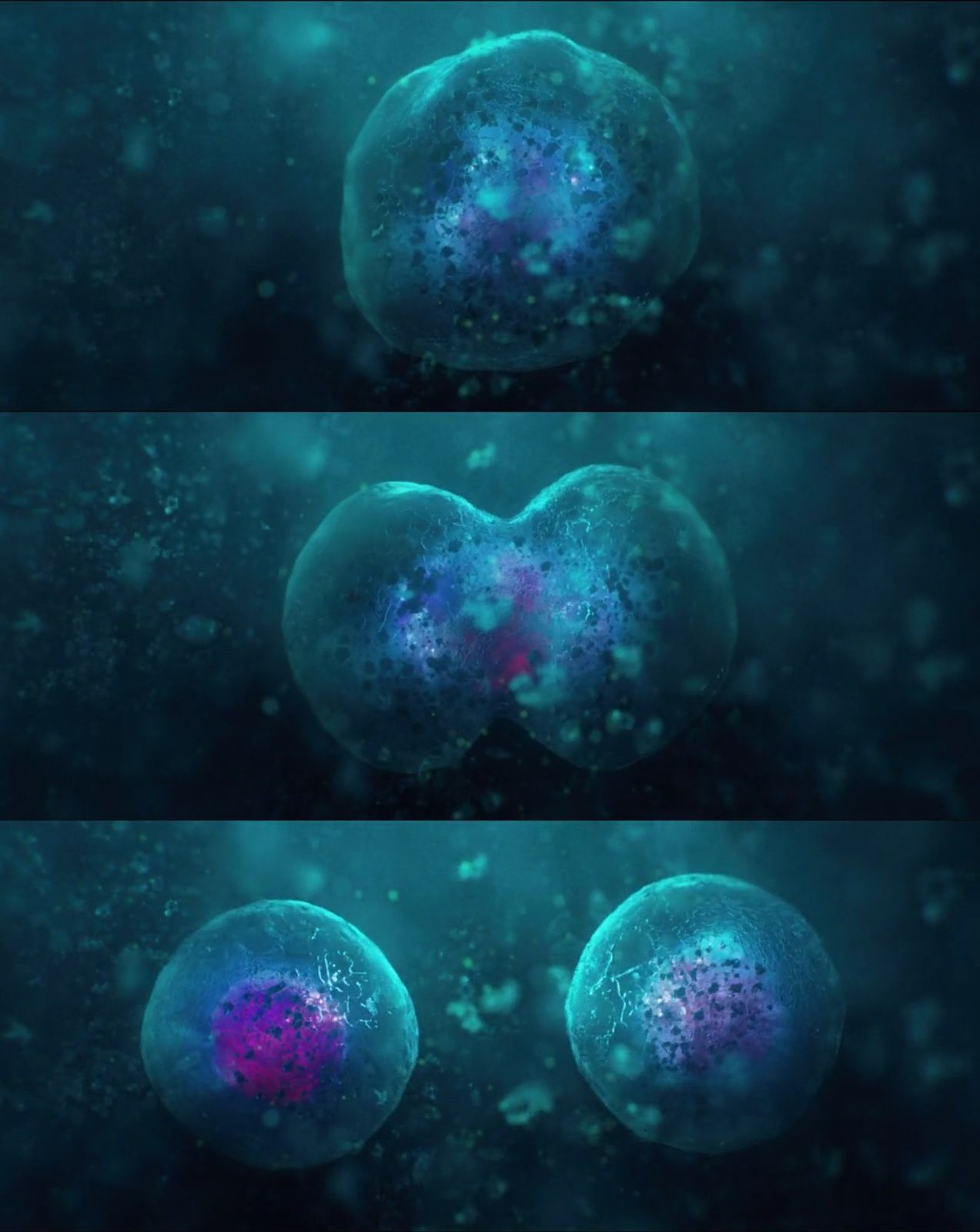

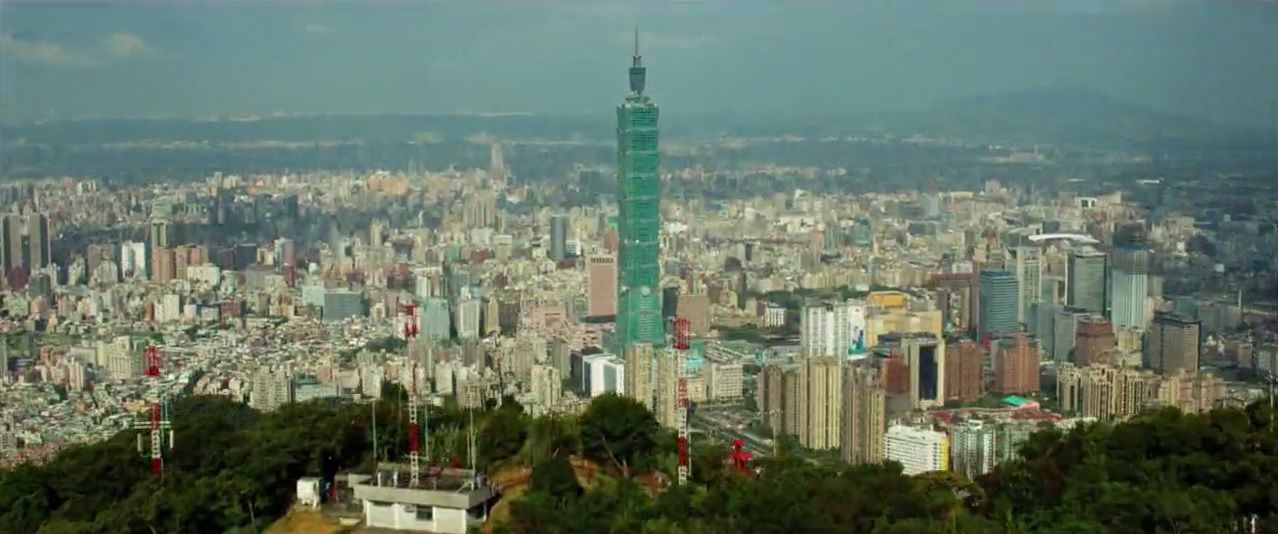



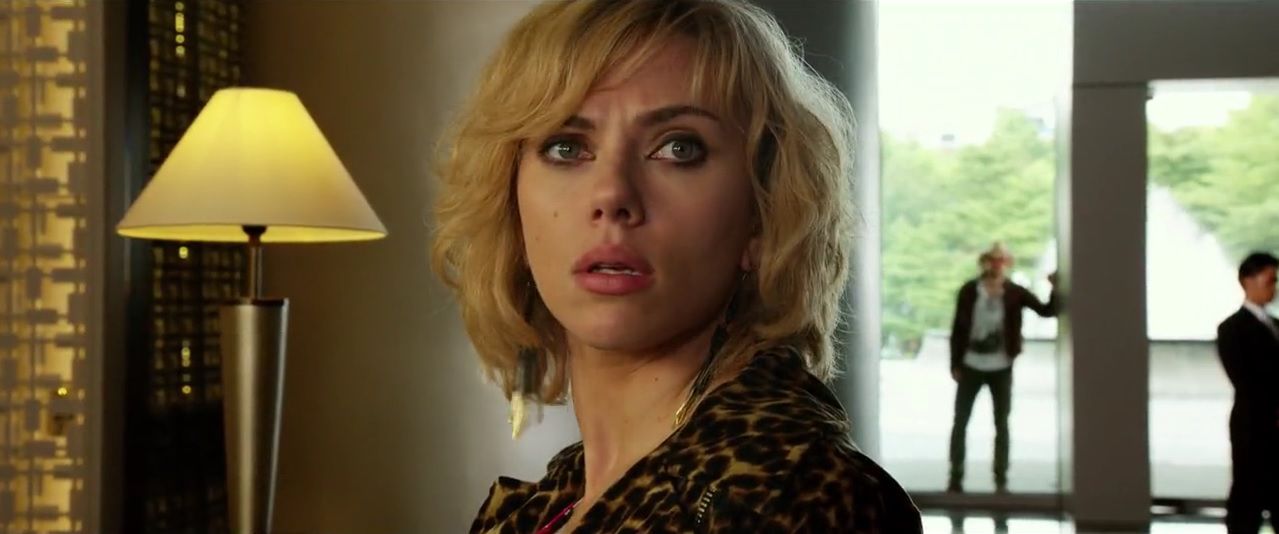

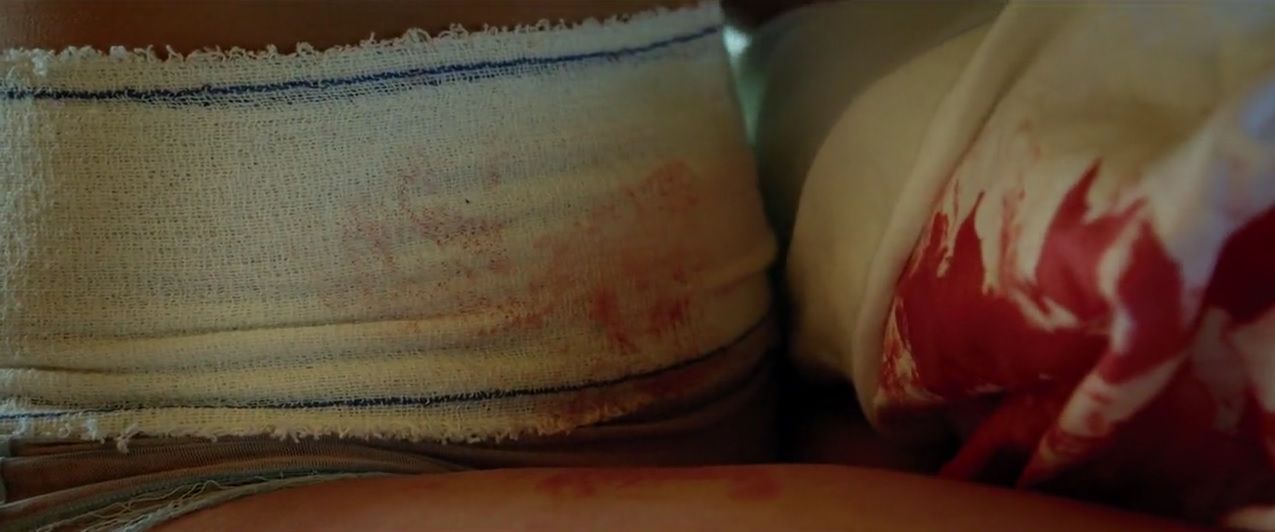
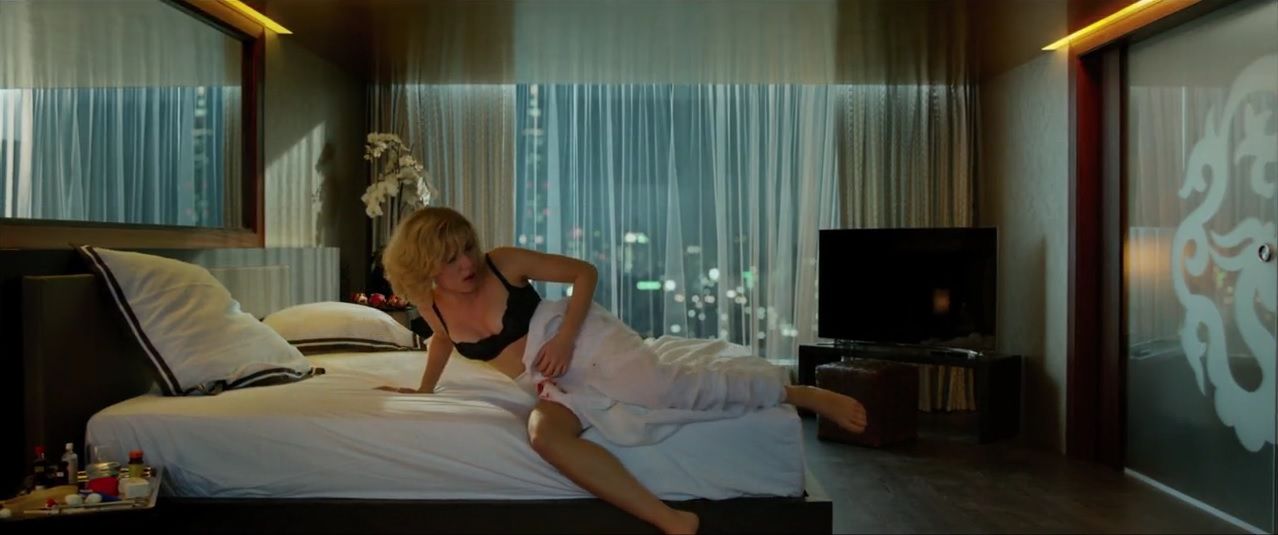

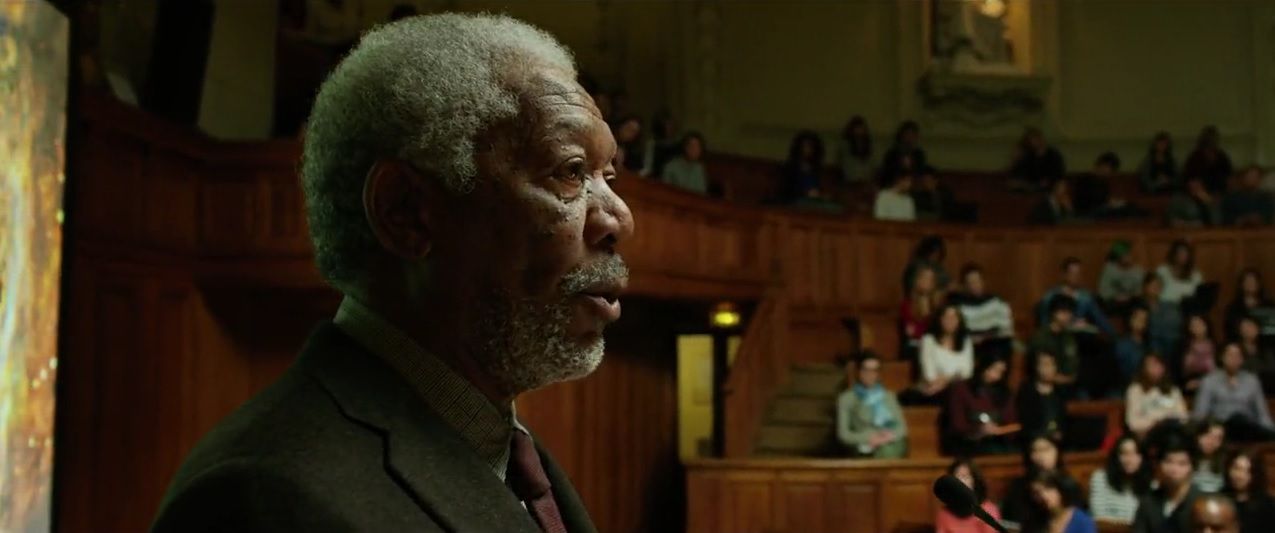



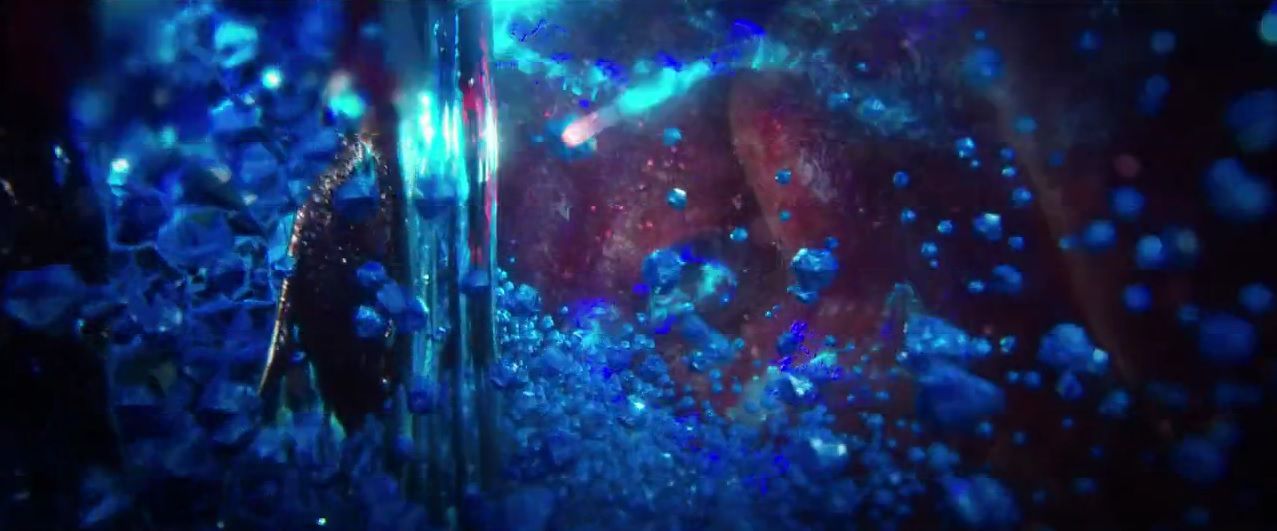


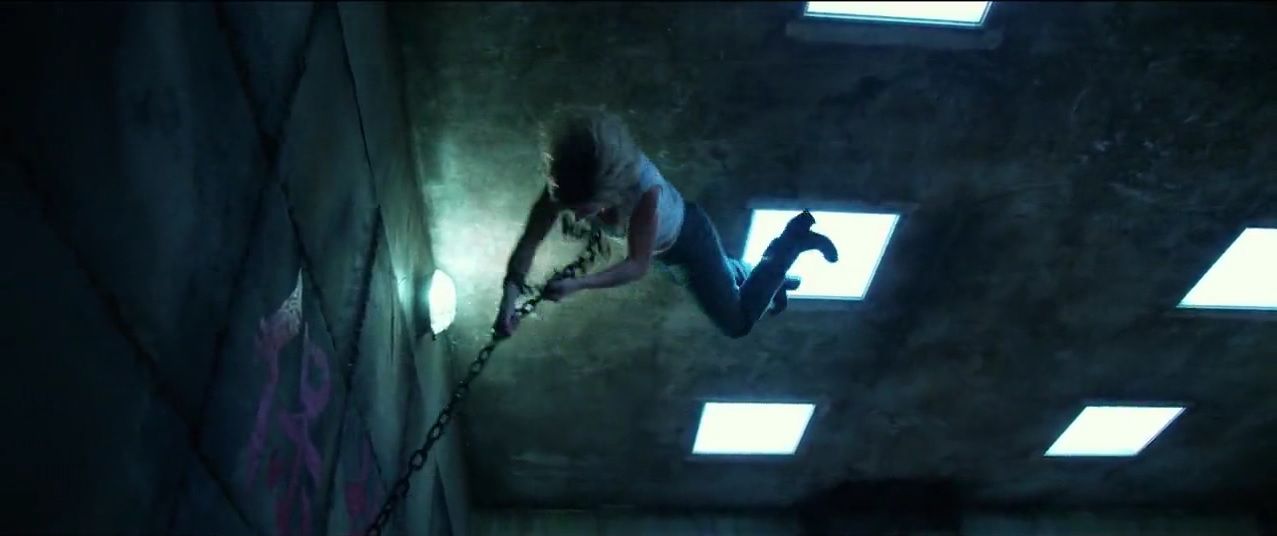

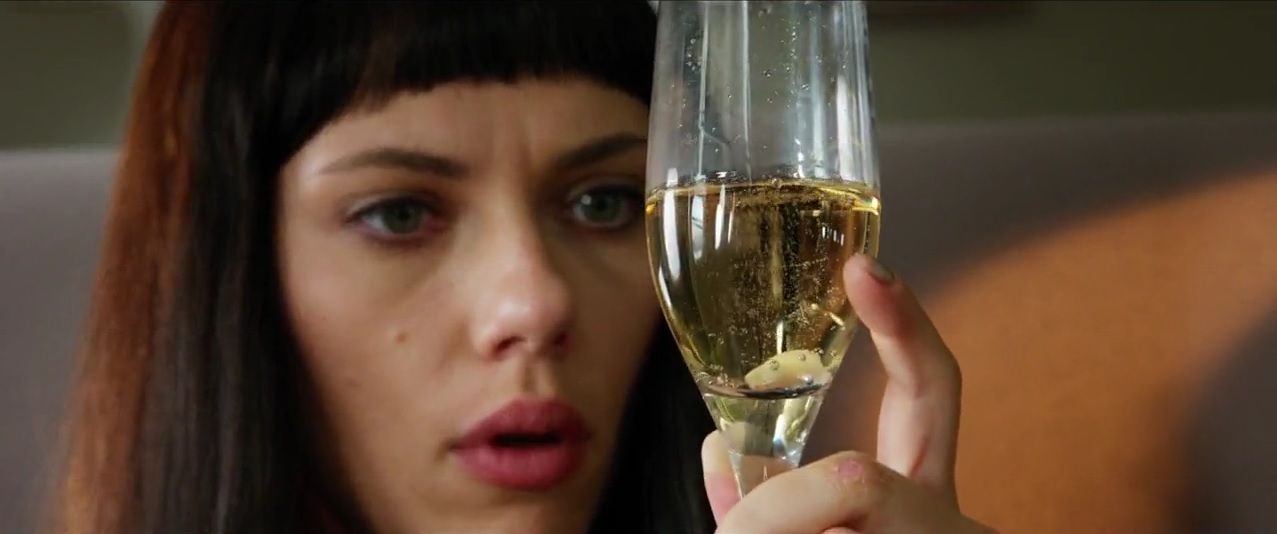
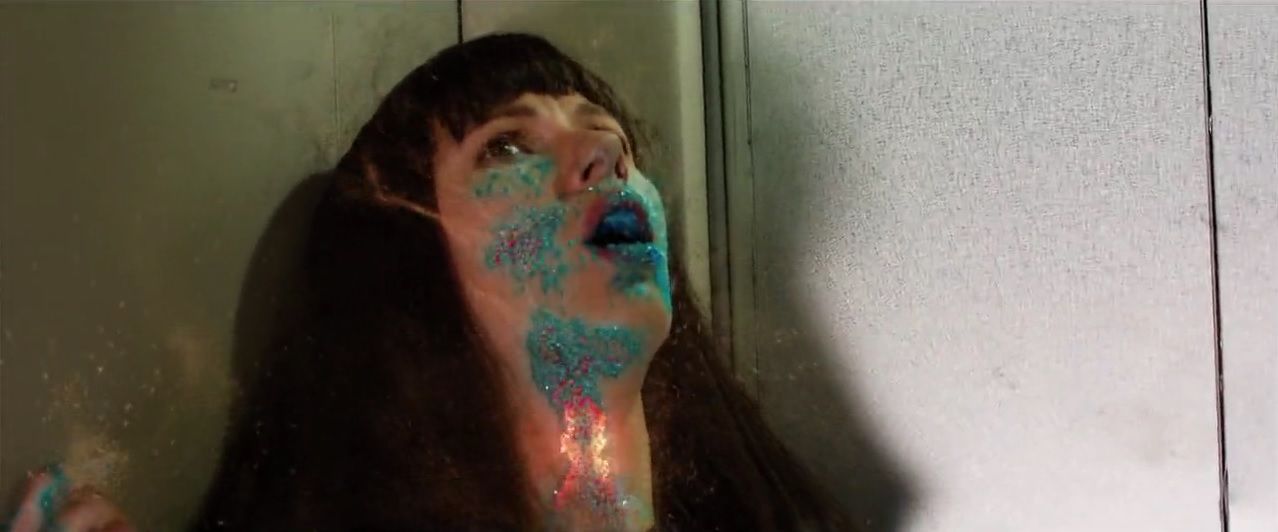





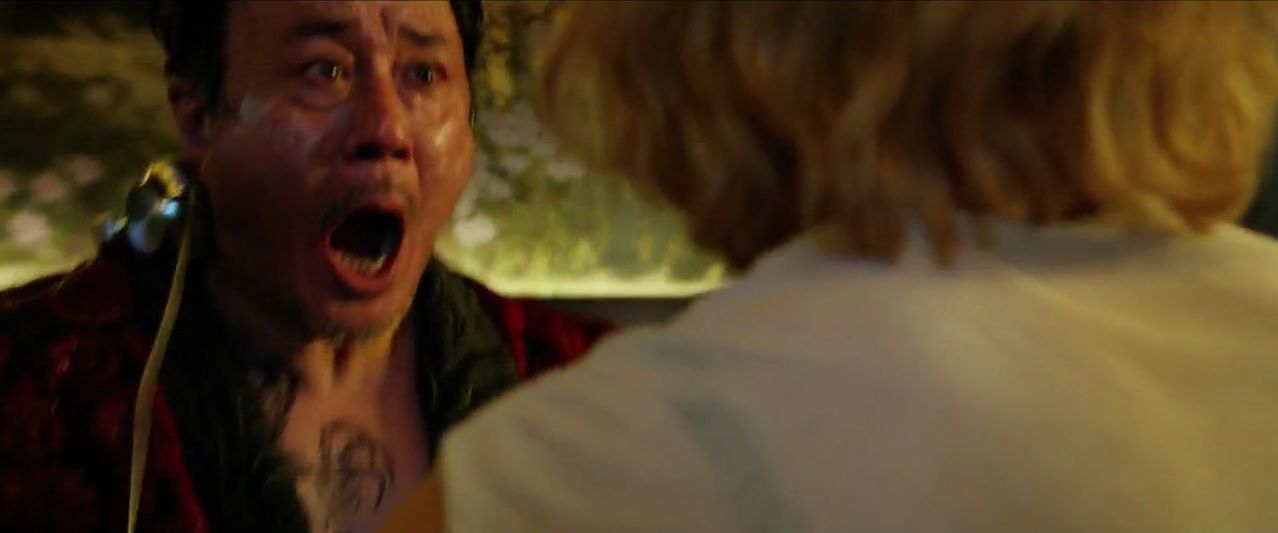






/image%2F1619753%2F20240329%2Fob_945ec9_325.png)
/image%2F1619753%2F20240229%2Fob_ed8d90_28.png)
/image%2F1619753%2F20240207%2Fob_21d540_30.png)
/image%2F1619753%2F20240126%2Fob_8d932a_01.png)
/image%2F1619753%2F20170202%2Fob_40c807_2017.jpg)